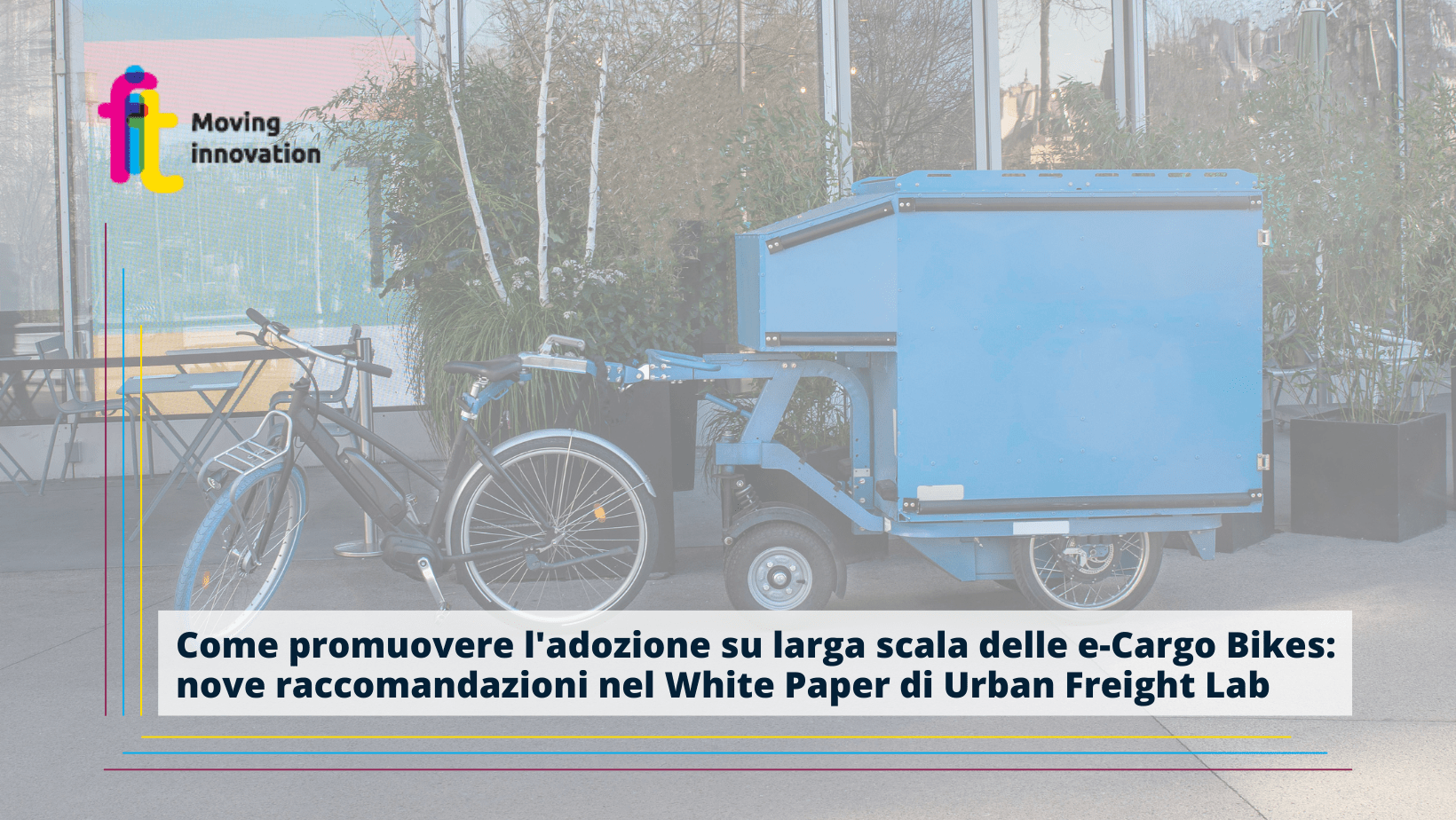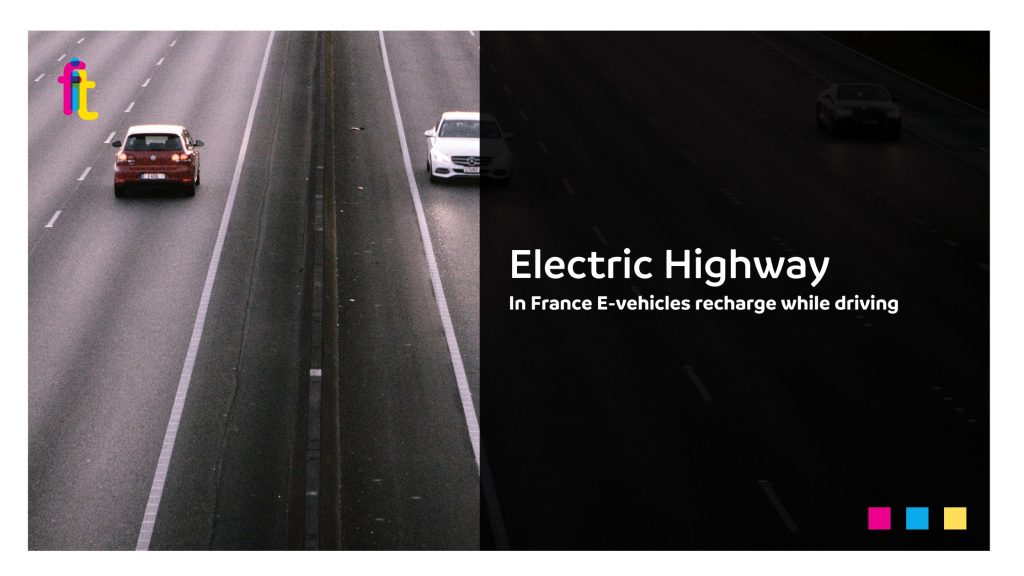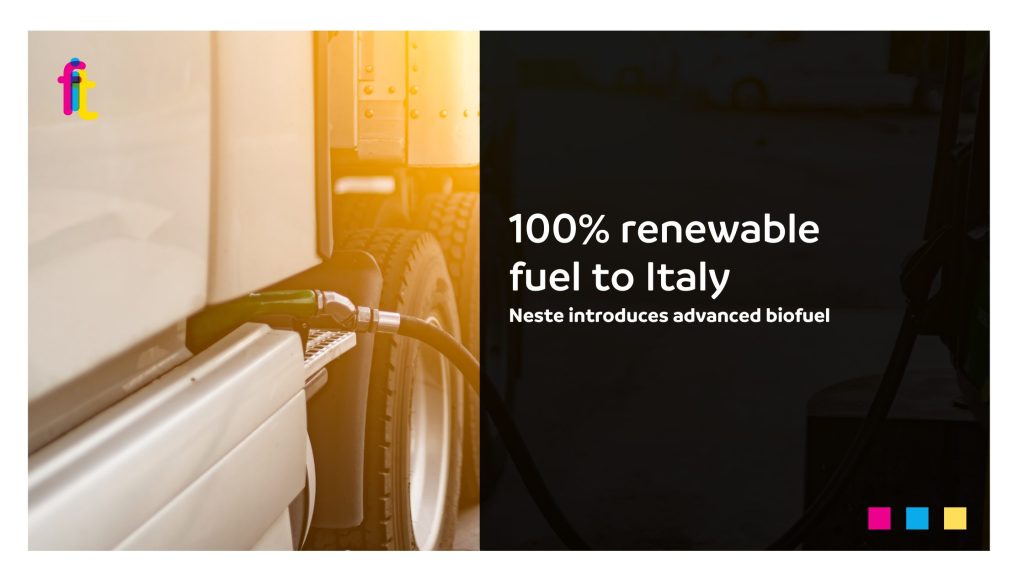Cities in North America are preparing to promote the large-scale adoption of e-Cargo Bikes, electric bicycles for the sustainable transport of goods in the last mile.
Indeed, e-Cargo Bikes represent an environmentally friendly and safer alternative mode of transport for the delivery of goods in urban areas. However, in the past, lack of infrastructure, legal uncertainties and cultural and economic attachment to motor vehicles have often hindered their adoption. In this scenario, cities play a crucial role in reducing these barriers.
For this reason, Urban Freight Lab (UFL) – a structured working group of interconnected players in the transport and logistics sector: retailers, technology providers, manufacturers, realtors, shippers and public agencies – prepared the White Paper ‘Biking the Goods: How North American Cities Can Prepare for and Promote Large-Scale Adoption of E-Cargo Bikes’ (edited by Giacomo Dalla Chiara, Rishi Verma, Kelly Rula and Anne Goodchild), which aims to inform urban planners about what cargo e-bikes are, how they have been successfully deployed in North America to replace ICE vehicles, and to identify actionable strategies cities can adopt to encourage their adoption while ensuring the safety of all road users.
Gathering data and opinions from key public and private sector stakeholders and building on the experience of the Urban Freight Lab, the document then identifies nine recommendations and 21 actions for urban planners in four main thematic areas
Infrastructure: cycling infrastructure, parking infrastructure and urban logistics hubs.
Policies and regulations: e-bike laws, safety regulations and policies that remove vehicle priorities.
Incentives: rebates and subsidies to businesses.
Culture and education: workforce training, educational programmes and community adoption.
The interesting document can be downloaded for free on the UFL website: click here.









